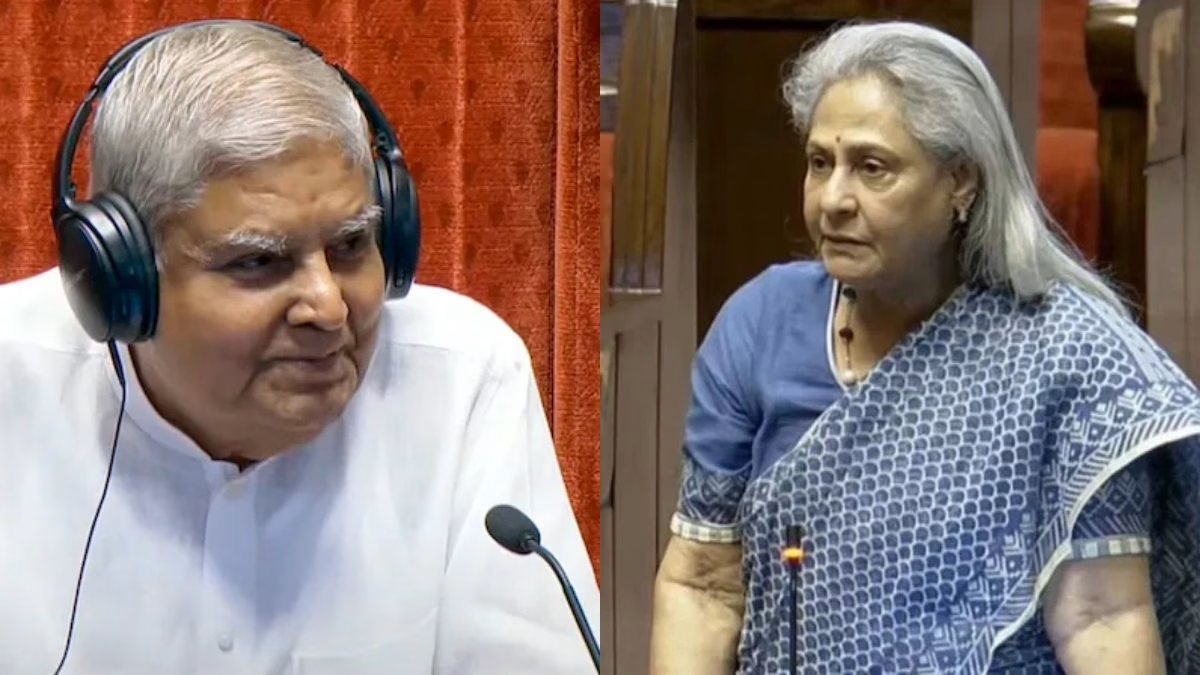‘Told To Seduce Him’: Shilpa Shinde Recalls Being Sexually Harassed By Producer Early In Her Career

Television actress Shilpa Shinde has opened up about a disturbing experience from the early days of her career, revealing she was once asked to seduce a filmmaker during an audition. Her statements come in the wake of the Justice Hema Committee report, which shed light on the prevalent sexual harassment faced by women in the Malayalam film industry.
In an exclusive interview with News18 Showsha, Shilpa recalled an incident from 1998-99 when she was just starting in the industry. “I was very innocent back then,” she said. “They told me, ‘Wear these clothes and do this scene.’ I didn’t wear those clothes, but I went ahead with the scene because I trusted him as he was also an actor.”

The actress described how the audition quickly turned into a traumatic event. “In the scene, he said he was my boss, and I had to seduce him. As I performed, he tried to force himself on me. I was terrified and pushed him away before running out. The security staff saw what had happened and immediately asked me to leave. They thought I might cause a scene.”
Shinde, who rose to fame with her role in Bhabi Ji Ghar Par Hai, revealed that she encountered the same producer several years later. “He didn’t recognize me and even offered me a role in a film,” she said. “I declined. He still doesn’t remember who I am.”

Shinde’s revelations come as discussions around sexual harassment in the entertainment industry gain renewed attention, particularly after the release of the Justice Hema Committee report, which detailed rampant sexual abuse and poor working conditions in the Malayalam film industry. Telugu actor Nani and several other celebrities have also expressed their concerns over the findings.
Shinde emphasized that her experience was not unique. “Many people have faced similar situations,” she said. “Some have run away like I did, while others have told me they’ve encountered similar incidents with well-known figures.”
While acknowledging the difficulties of confronting such situations, Shinde believes it is important for individuals to recognize their right to say no. “People need to understand that they always have a choice,” she added.

The Justice Hema Committee report has sparked a broader conversation about the need for greater protection and accountability within the entertainment industry.


